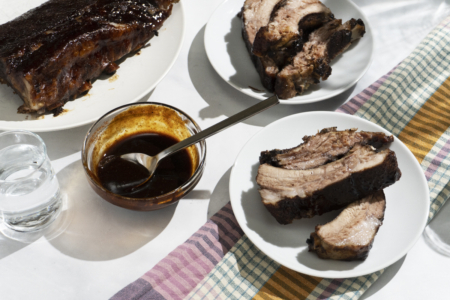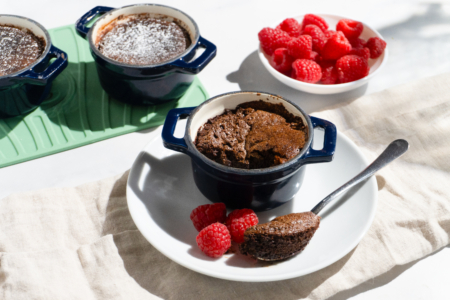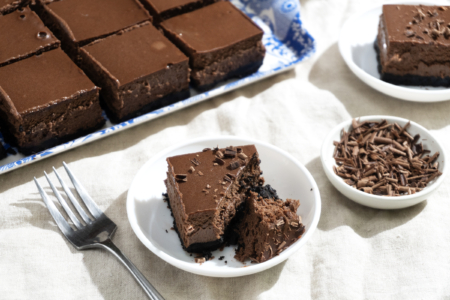The extensive options for salt on the grocery store aisles can quickly become overwhelming if you don’t know what you’re looking for. So, here’s a breakdown of the most common varieties of salt you can find and what to do with them.
1. Table Salt / Iodized Salt
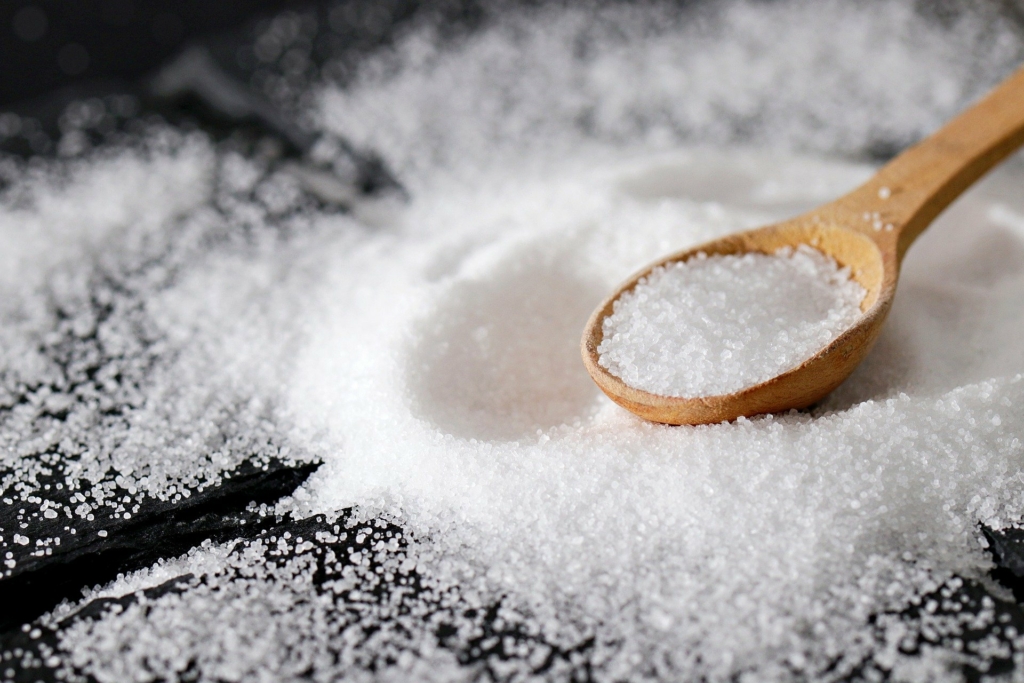
Widely available and affordable, common table salt makes a great cooking salt and can even be used as a finishing salt in a pinch. Either way, be sure to go in with a light hand when using this staple; it tastes saltier than other varieties and dissolves much faster.
2. Sea Salt
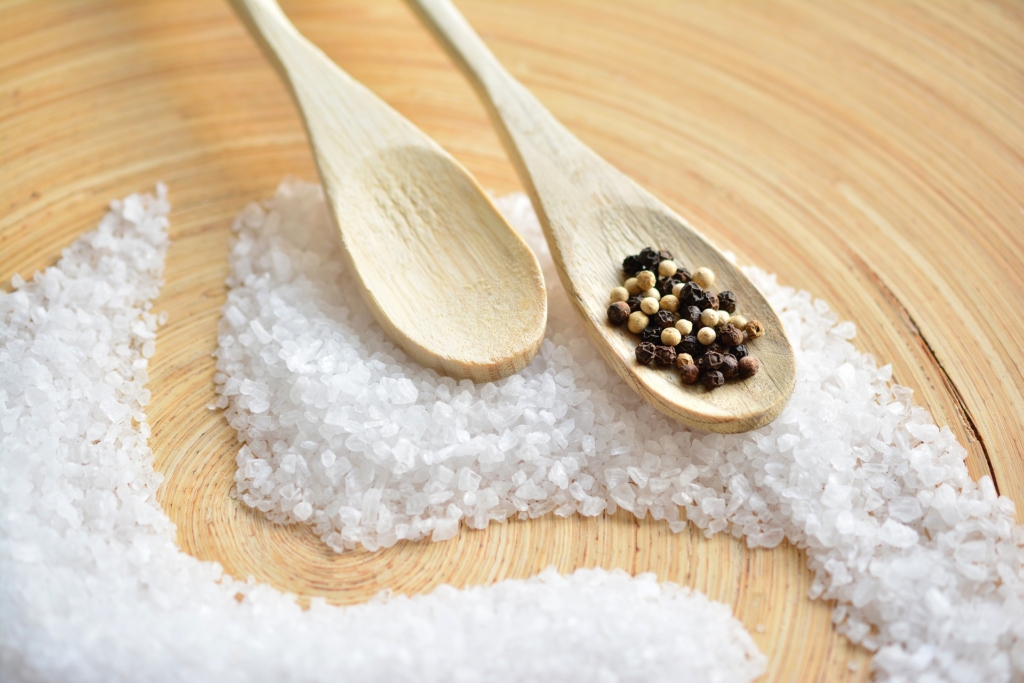
Sea salt is great for finishing dishes. A final flourish of sea salt adds a delicious crunch and mouthwatering visual appeal to a roasted vegetable medley or a tray of fudgy brownies – bonus points if you’re using flaky sea salt. But unless you’re salt-baking, you’ll want to avoid sea salt for cooking. The large crystals make it far too easy to oversalt your dish.
3. Kosher Salt
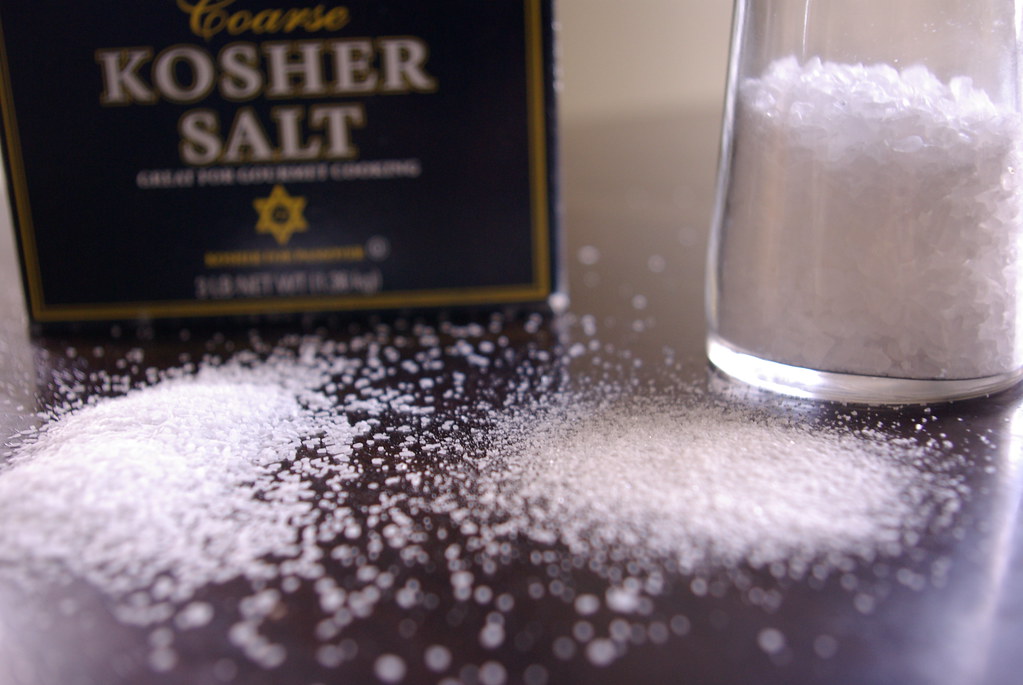
Kosher salt is an excellent cooking salt and our main go-to for seasoning anything from roast pork tenderloin to french toast. Its coarser texture allows more even distribution and a wider margin of error for iffy recipe measurements.
4. Himalayan Pink Salt
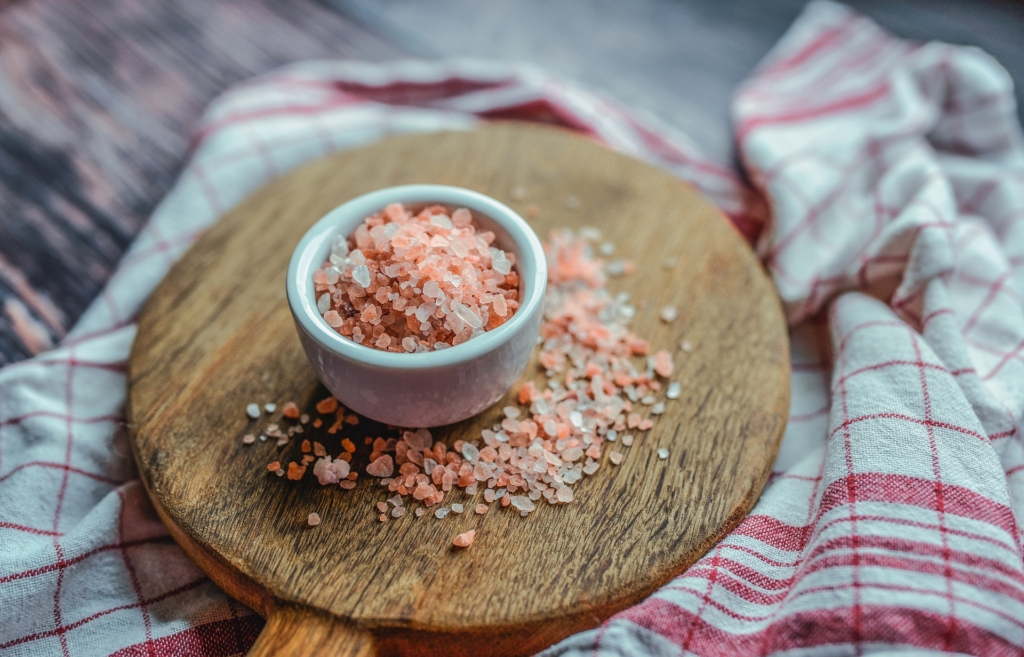
This iconic salt gets its rosy color from iron oxide and other trace minerals. It’s great for all-around uses such as curing, cooking, and finishing. These pink crystals would look especially stunning over a spring steak salad or roast chicken. For a little extra flair, you can also use a Himalayan pink salt block to simultaneously grill and season your meat, seafood, or vegetables.
5. Black Salt / Kala Namak
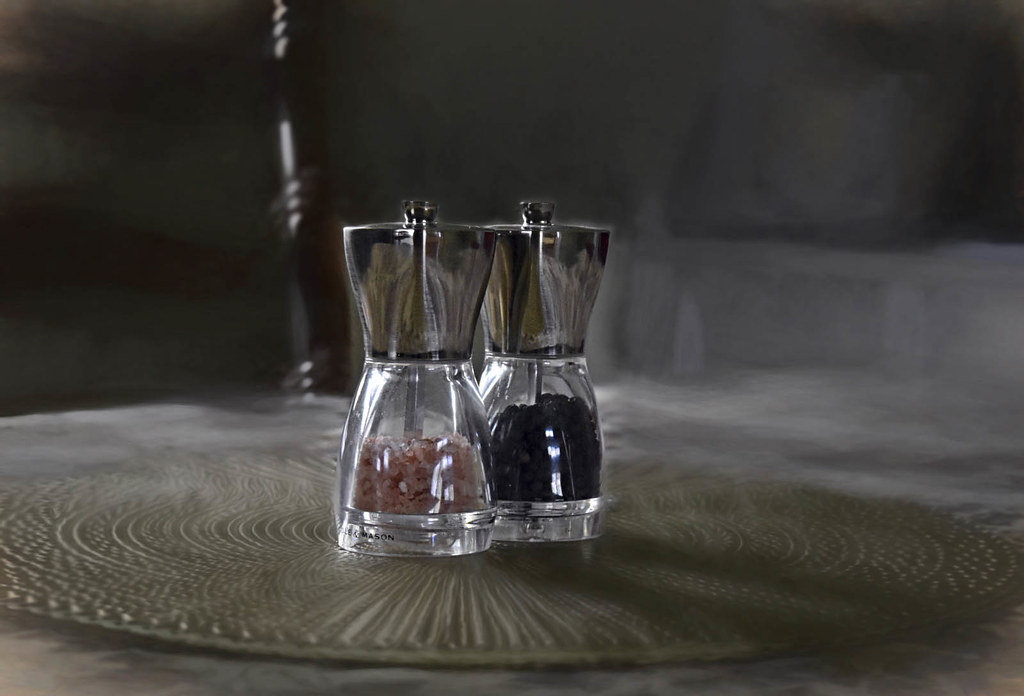
Not to be confused with black lava salt, which is sea salt infused with activated charcoal, black salt or kala namak is made from Himalayan salt fired with herbs and spices. It adds an umami-rich saltiness to savory dishes and, when used as a finishing salt, brings a unique color contrast. You can also add it to vegan dishes to mimic the flavor of eggs – it may be exactly what your tofu scramble has been missing.

